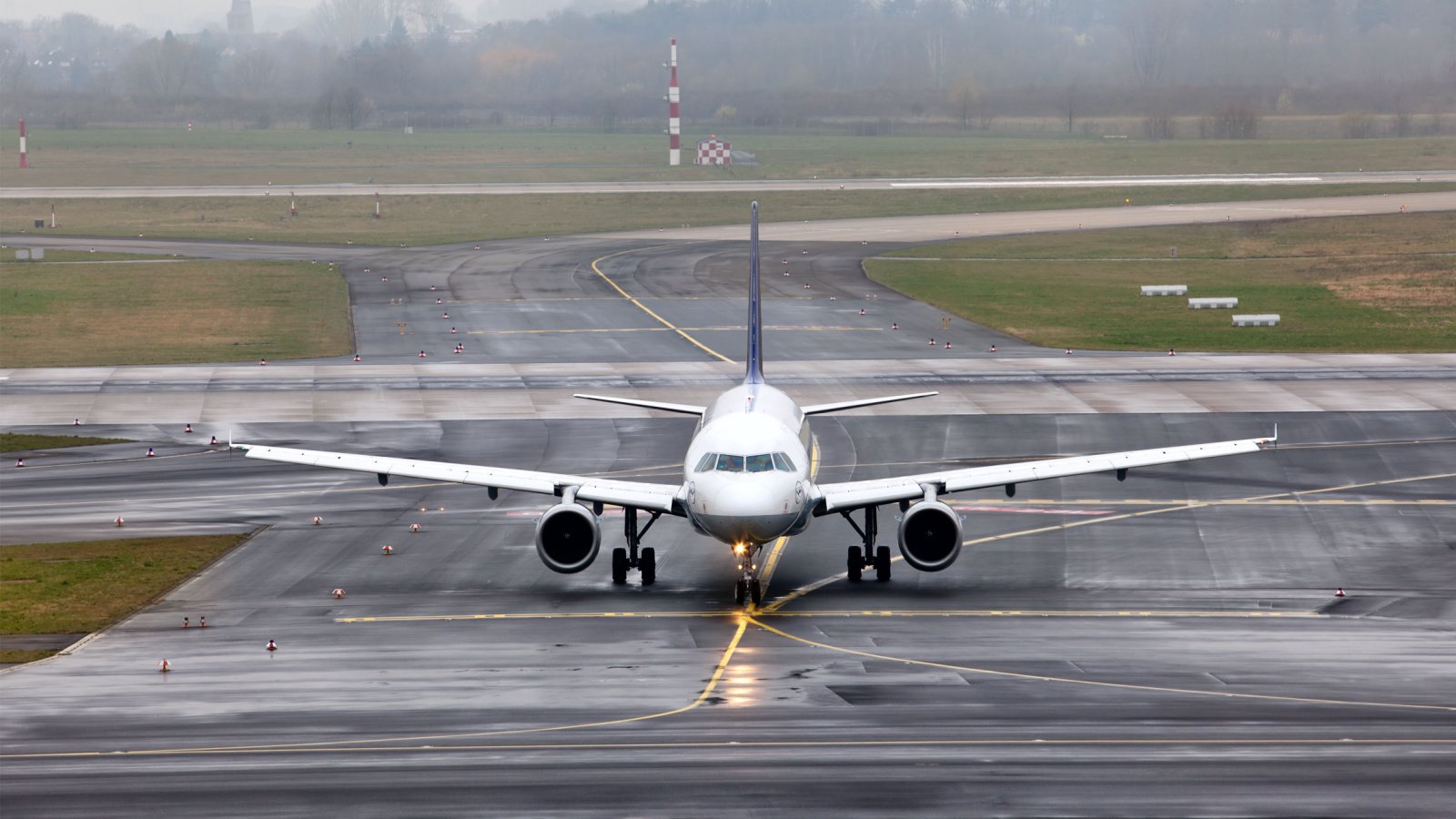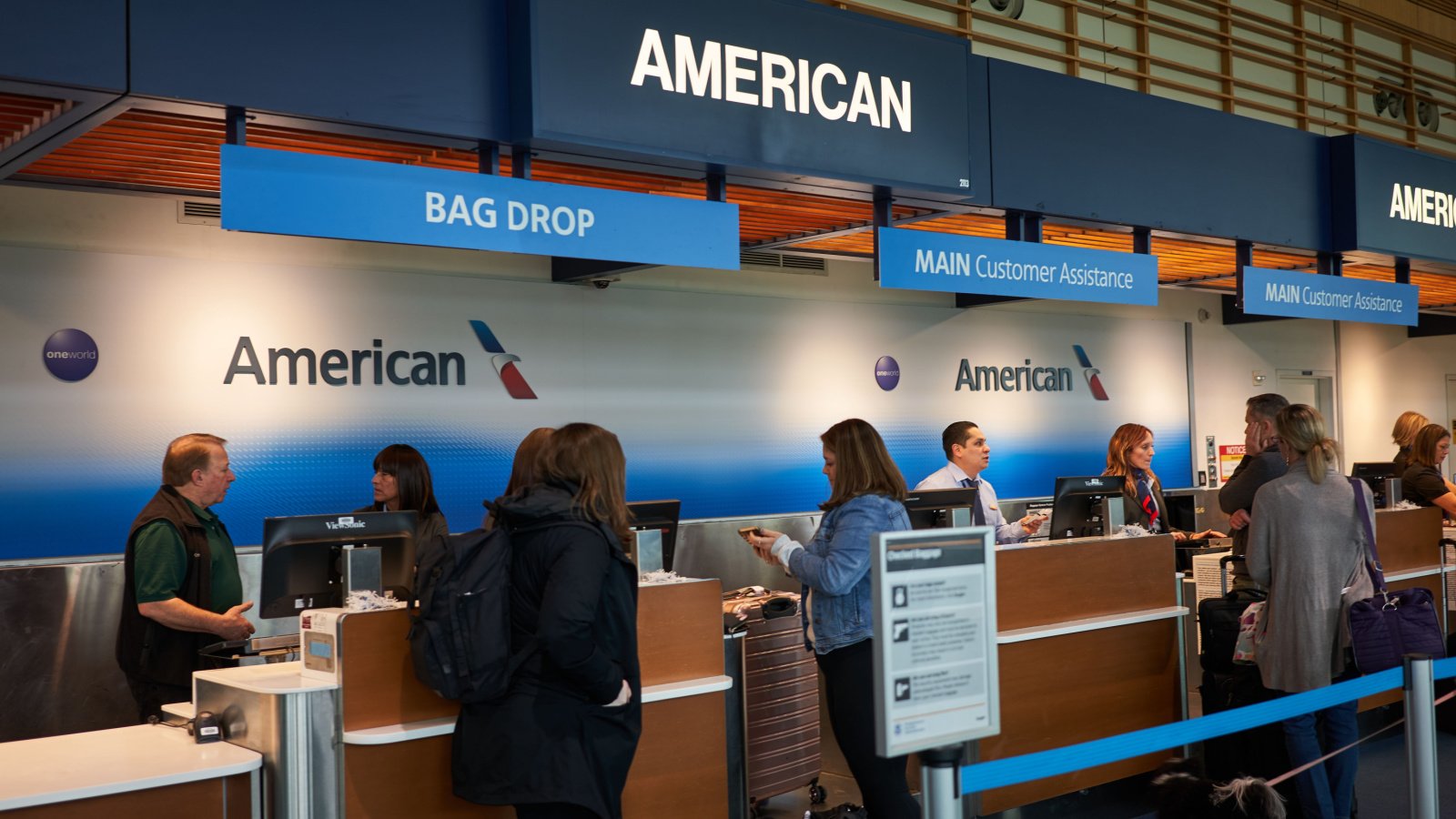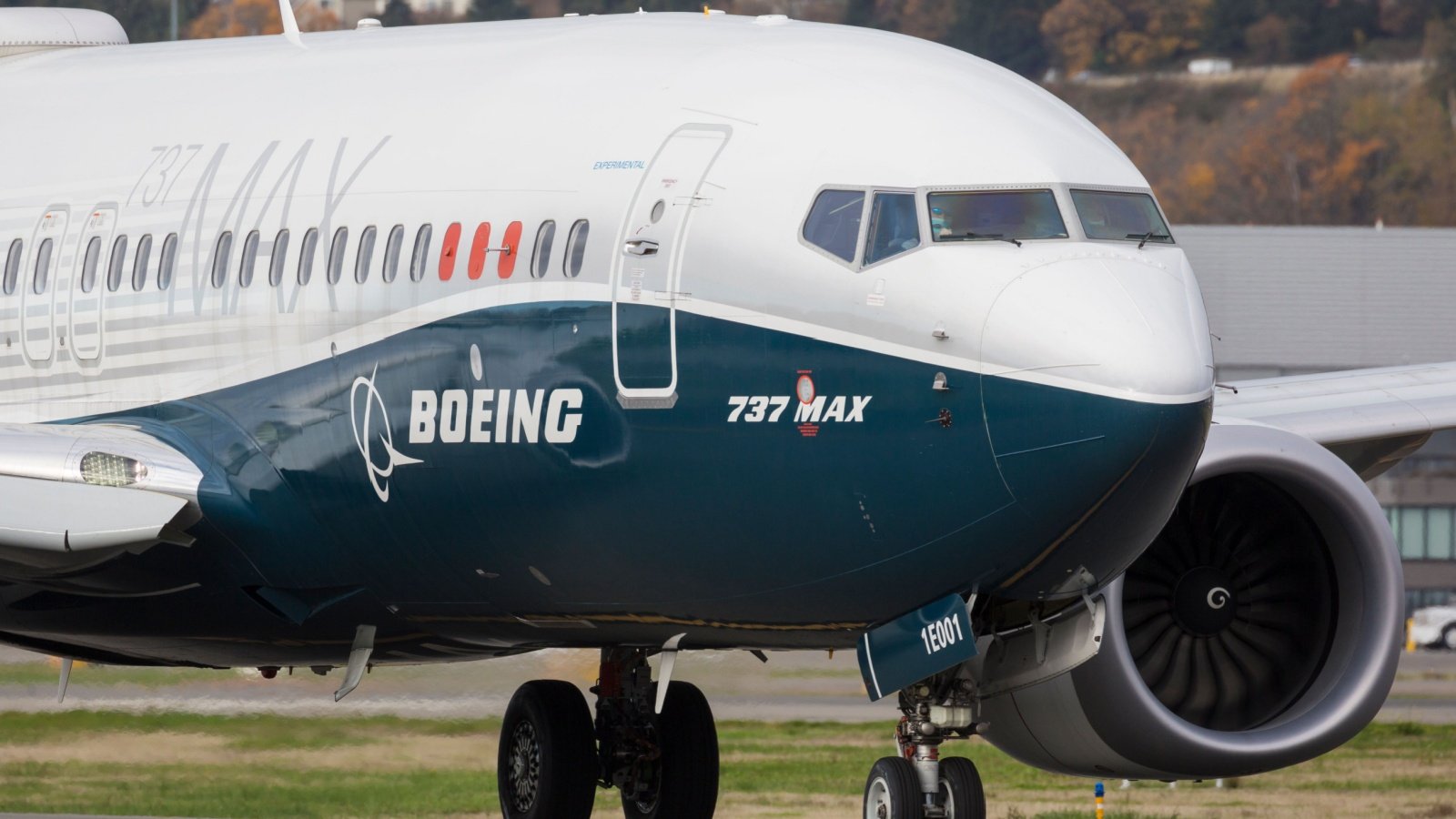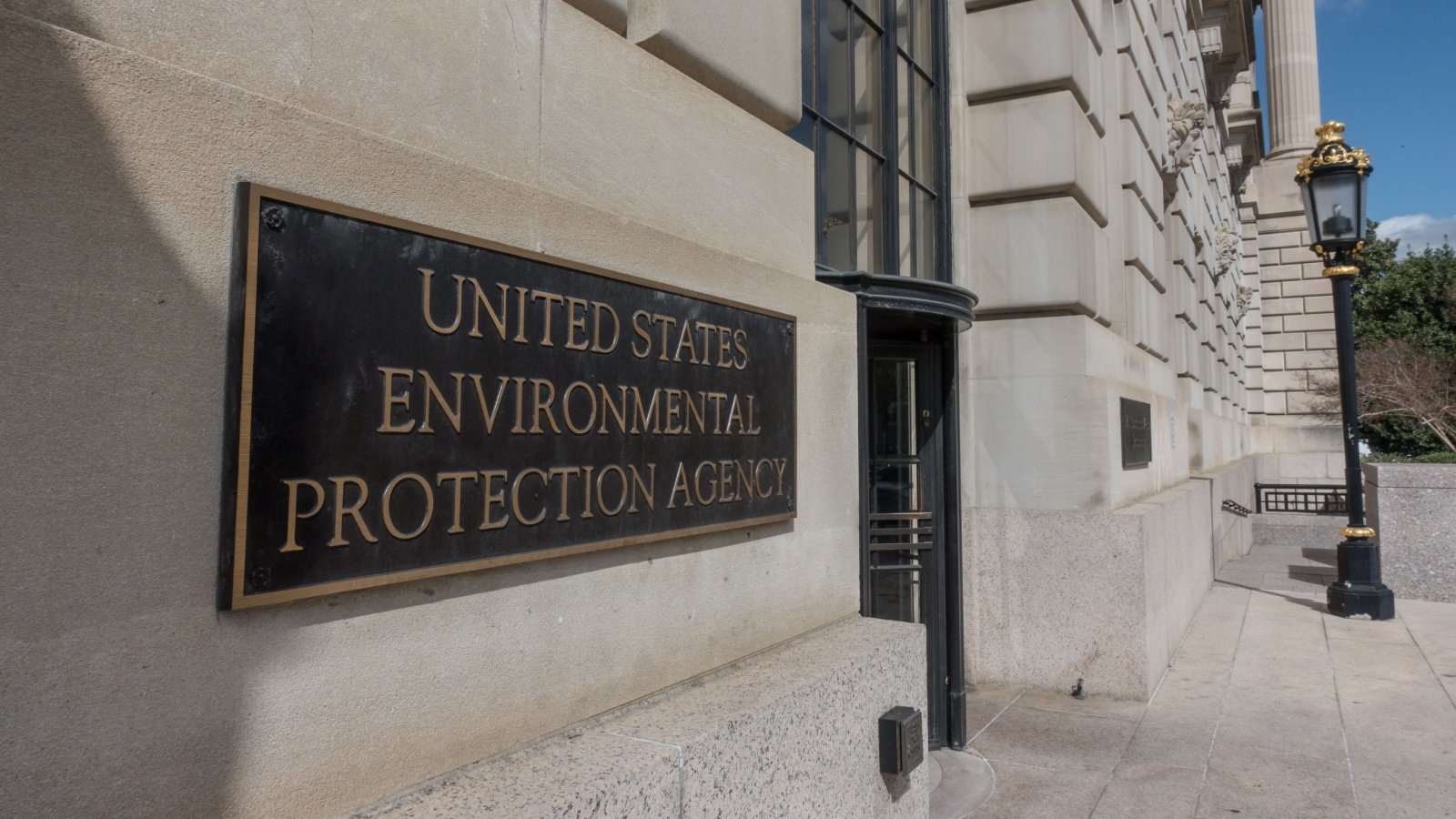Boeing has encountered severe challenges in 2024, a year marked by escalating troubles for the aerospace giant. An alarming incident this week involving a LATAM Airlines Boeing 787 Dreamliner, which lost altitude dramatically mid-flight, has added to the company’s woes. This event injured several passengers and raised fresh concerns about aviation safety and Boeing’s aircraft reliability.
A Frightening Incident Mid-Flight

On a routine flight from Australia to New Zealand, a LATAM Airlines 787 Dreamliner experienced a sudden drop in altitude. The pilot managed to regain control and safely land the aircraft, but the cause of the abrupt descent, referred to by LATAM as a “technical event,” remains undetermined. Boeing is in the process of gathering more details on this distressing occurrence.
Continuous Setbacks

The year began unfavorably for Boeing with a mishap involving an Alaska Airlines 737 Max. Shortly after takeoff, part of the aircraft detached, leading to an investigation that hinted at possible oversights in the installation of vital components. This incident led to the temporary grounding of certain 737 Max jets, triggering a series of investigations, hearings, and a notable dip in Boeing’s market value.
Mounting Financial Concerns

Beyond the immediate safety implications, these incidents have had a profound financial impact on Boeing. The company has seen its stock value plummet, eroding billions from its market valuation. This downward spiral is compounded by legal challenges, potential fines, and lost business opportunities, threatening Boeing’s financial stability.
Additional Safety Concerns

Recent reports have only added to Boeing’s troubles. Pilots of a United Airlines 737 Max encountered flight control problems, and the FAA has raised alarms over potential issues with de-icing equipment on both the 737 Max and 787 Dreamliner models. Despite these concerns, Boeing asserts that there is no immediate safety risk.
Documentation and Quality Control Issues

The National Transportation Safety Board’s (NTSB) revelation that Boeing has failed to provide necessary documentation for certain assembly line procedures has further tarnished the company’s reputation. The Federal Aviation Administration’s (FAA) discovery of broader safety and quality control problems within Boeing’s manufacturing processes highlights the need for stringent management and workflow standards.
FAA’s Directive

In light of these issues, the FAA has demanded that Boeing submit a corrective action plan to address its production challenges. Boeing has pledged to undertake significant measures to rectify these issues, emphasizing a commitment to enhancing safety, quality, and customer trust.
Boeing’s Response

Boeing has acknowledged the gravity of these challenges, expressing a firm resolve to implement immediate changes and develop a comprehensive strategy to bolster safety and quality measures. The company aims to rebuild confidence among its customers and their passengers through transparent and decisive actions.
Stock Market Reaction

The aftermath of the LATAM incident saw Boeing’s stock fall significantly, further adding to its financial woes. Currently, Boeing’s shares are among the worst-performing in the S&P 500, trailing only behind Tesla, underscoring the market’s growing concerns over the company’s prospects.
A Reputation in Crisis

Boeing’s turbulent start to 2024 has done more than just affect its stock price; it has severely damaged the company’s reputation. Restoring trust among airlines, regulators, and the flying public has become an uphill battle, with each new incident and negative headline making the task increasingly difficult.
The Path Forward

Boeing is at a critical juncture, facing the daunting task of addressing these multifaceted issues. The company’s ability to navigate through these challenges will be crucial in determining its future in the aerospace industry.
Industry and Regulatory Scrutiny

The continuous flow of incidents has put Boeing under intense scrutiny from the industry and regulatory bodies. The FAA’s close monitoring and the NTSB’s ongoing investigations signify the heightened oversight Boeing is currently subject to.
A Commitment to Change

Despite the adversity, Boeing remains committed to making the necessary changes to its processes and practices. The company’s efforts to address the identified issues reflect its determination to restore its standing as a leader in aerospace manufacturing.
Looking Ahead

As Boeing endeavors to overcome these challenges, the road ahead remains uncertain. The company’s success in implementing effective solutions and restoring confidence will be pivotal in shaping its future. Boeing’s journey toward recovery is fraught with obstacles, but the commitment to safety, quality, and transparency remains paramount in its efforts to regain lost ground.









Awesome post! Join the fun at https://www.web-tfp-whatsapp.com 在 WhatsApp 网页版中,您能随时查看最后一次活跃时间,增强沟通效率。 . Date: 2026-01-14 18:10:06 (-03).